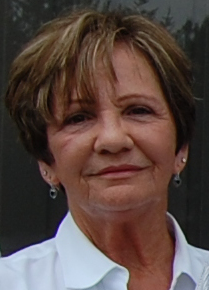Board removes campground zoning
Published 1:20 pm Thursday, April 5, 2018
The Buckingham County Board of Supervisors voted unanimously to eliminate temporary campgrounds as an option via special use permit for the B-1 business district.
The vote came after a public hearing during the March 19 meeting.
According to Buckingham County Administrator Rebecca Carter, the vote was made following concerns that potentially allowing special use permits for temporary campgrounds in business areas may cause conflict with the county’s businesses.
“They had changed it to allow that,” Carter said about the board’s decision to allow special use permits for temporary campgrounds in the B-1 business district during its October meeting. “And now they’ve taken it back out.”
The special use permits for the B-1 district “left it wide open for campgrounds to be in business areas, business districts, and they just didn’t think that would be a good thing,” Carter said about members of the board’s concerns.
The meeting, initially set for March 13, was postponed due to snow.
Carter noted that one member of the public, David Ball, spoke in favor of removing temporary campgrounds as a special use permit option in the B-1 business district.
“It was a unanimous vote,” Carter said.
The board voted to approve a special use permit in October 2017 for a temporary campground, which will be located on Buckingham Centre Drive behind McDonald’s in Dillwyn.
The campground — sought by Atlantic Investment Corporation and Lucky Management Inc. — will be on 4.5 acres of land near the intersection of U.S. Route 15 and Route 20.
According to the permit application, the purpose of the permit would be “to establish a two-year (recreational vehicle) RV park on vacant commercial property (80 units max) and adjoining vacant properties.”
The application cites that approximately 60-80 RVs or fifth-wheel campers are estimated to be accommodated on the property.
Members of the public during the September 2017 meeting expressed concern regarding the campground, citing its proximity to the Central Virginia Christian School, not knowing the backgrounds of the potential campground occupants — particularly those building the Atlantic Coast Pipeline — and that the campground could potentially detract from businesses and detract economic resources from motels.






